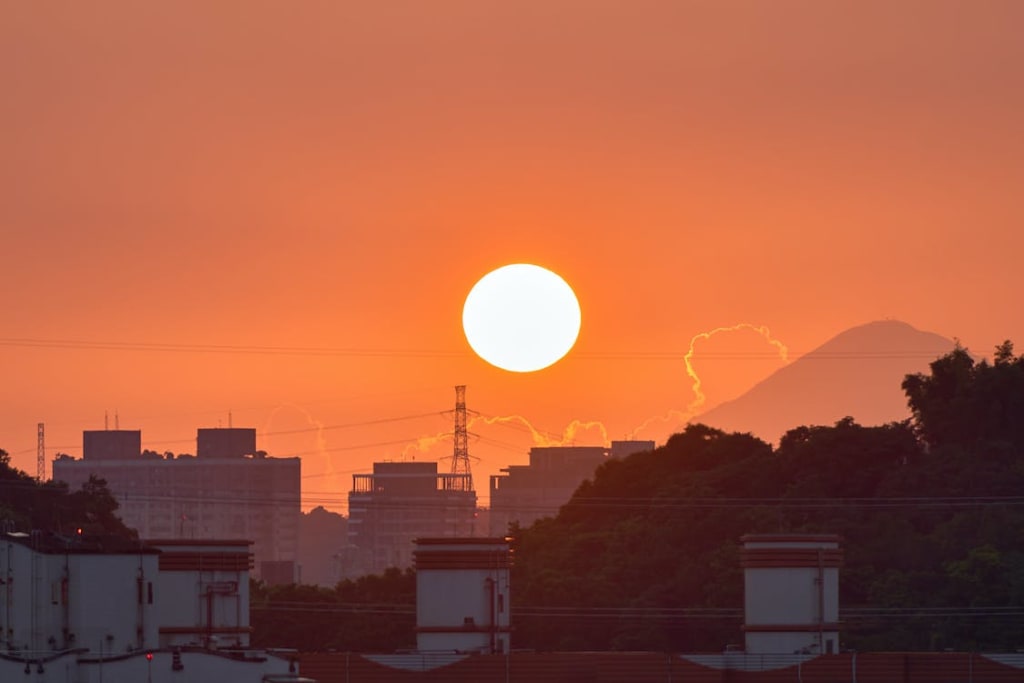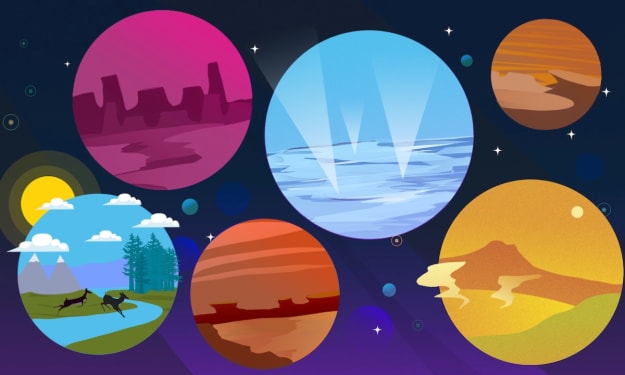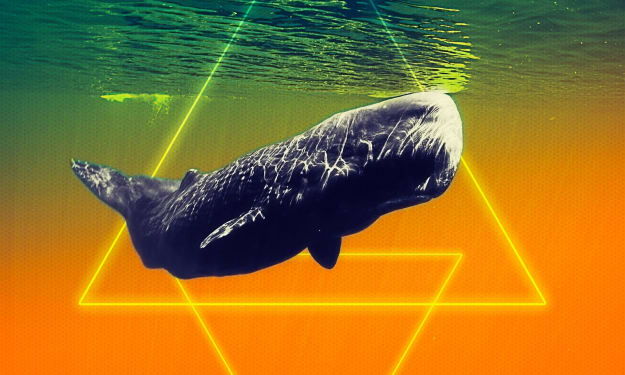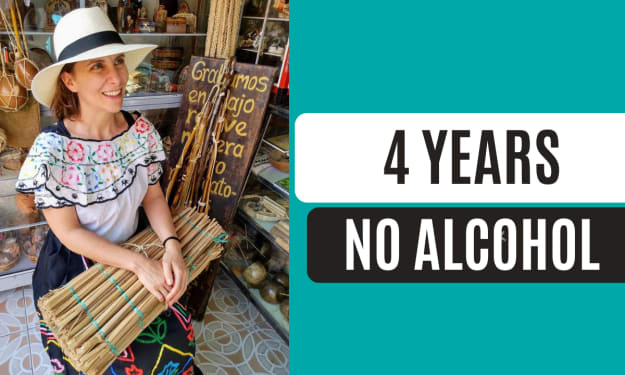When the sun dies
What will be happen to earth?

Hey there! Did you know that the Sun is the star in the middle of our Solar System? It's like a big ball of hot plasma that's heated up by nuclear fusion reactions in its core. The Sun gives off a lot of energy in the form of light, ultraviolet, and infrared radiation. This energy is super important for life on Earth! The Sun is really big - it's about 109 times bigger than Earth! And it's really heavy too - about 330,000 times heavier than Earth. Most of the Sun is made up of hydrogen, which is a gas, and the rest is mostly helium. There are also some other elements like oxygen, carbon, neon, and iron in there too.
Did you know that our galaxy, the Milky Way, has more than 100 billion stars? That's a lot! Some of these stars can be seen twinkling in the night sky. But stars, like everything else, don't last forever. Eventually, the reaction that causes a star to burn will stop. Our Sun, which is a star, was born about 4.6 billion years ago. Without its heat and light, nothing on Earth would exist! The Sun consumes more than 600 million tons of hydrogen every second and converts it into helium through a process called nuclear fusion. Right now, the Sun is halfway through its most stable part of its life and is classified as a main sequence star. But, just like all the other stars out there, the Sun only has a limited amount of fuel, which means eventually it will die. But, before that happens, life on Earth will face its greatest threat - an aging Sun. Every billion years or so, the Sun's brightness increases by around 10%. This means that the Earth will become continuously hotter and brighter as the Sun gets older. Scientists estimate that in 1 billion years from now, the temperature of Earth could be around 70 degrees Celsius! That's really hot! Over time, animals and plants would likely perish due to this increased heat. As the heat continues to increase, around two billion years from now, the oceans, seas, rivers, and lakes would slowly evaporate into the atmosphere, causing a greenhouse effect to occur. The surface of Earth would become uninhabitable. But, the Sun isn't finished yet! Around 4.5 billion years from now, it will have used up its core hydrogen supply and started to burn helium instead. This will cause the outer regions to swell and expand outwards into the solar system. Because of this, the Sun is no longer a main-sequence star but is now classified as a red giant.
So, you know how we have the Sun in our solar system? Well, it's actually a star and it's going to go through some big changes in the future. When it gets older, it's going to expand and get really big, which is going to be bad news for the planets closest to it, like Mercury and Venus. They're going to get vaporized! Earth might also get burnt to a crisp because it will be so close to the giant star. But the outer planets will get warmer and some of their moons might even melt because of the heat. Eventually, the Sun will use up all its helium and become unstable, which means it will start pulsing and blasting away its outer layer. What's left will be a small, Earth-sized object called a white dwarf, surrounded by a pretty nebula that other civilizations might be able to see. But the white dwarf will eventually cool and fade away, and the Sun will be gone forever. But don't worry, by the time this happens, we'll either be living on another planet or not around anymore.
About the Creator
Enjoyed the story? Support the Creator.
Subscribe for free to receive all their stories in your feed. You could also pledge your support or give them a one-off tip, letting them know you appreciate their work.





Comments
There are no comments for this story
Be the first to respond and start the conversation.